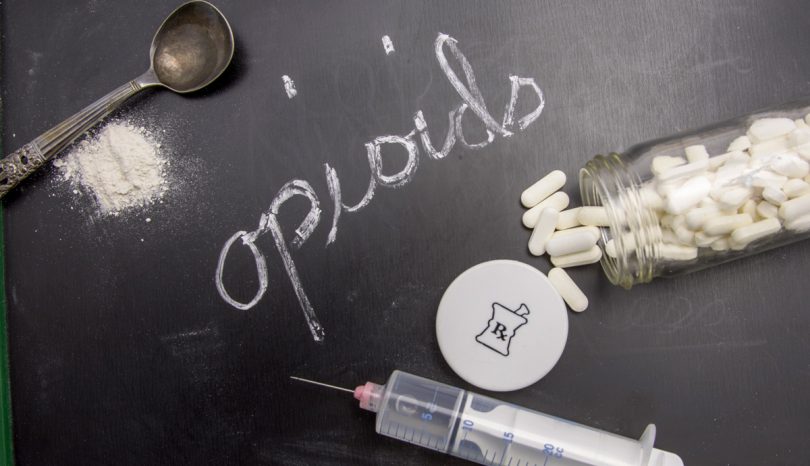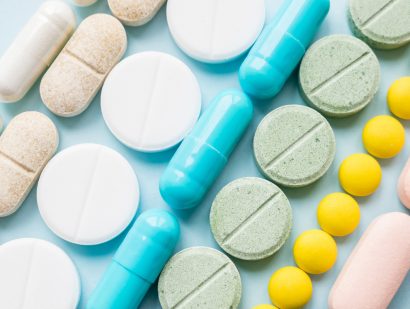- Find A Medical Provider
- Auto Injuries
- Common Injuries
- Medical/Pharmaceutical
- Types of Medical Injuries
- Malpractice Injuries
- Drug and Medical Device Injuries
- Drugs and Devices Linked to Cancer
- Opioid Addiction
- Drugs and Devices Known to Cause Injury
- 3M Combat Arms Earplugs – Hearing Loss
- Accutane
- Aciphex
- Actonel
- Actos
- Adderall and Ritalin
- Advair
- Aldara (Imiquimod)
- Alli
- Ambien
- Amiodarone
- Anzemet
- Aptivus
- Aranesp
- Arava
- Atorvastatin
- Avandia
- Benicar
- Birth Control Medication
- Blood Thinners
- Essure
- Fosamax (Alendronate Sodium)
- Gadolinium-Based MRI Contrast Agents
- Granuflo
- Hernia or Surgical Mesh Injuries
- Hydroxycut
- Inferior Vena Cava Filters
- Invokana Toe and Foot Amputations
- Ketek
- Levaquin
- Lipitor
- Mirapex
- Neurontin
- Onglyza
- Over-the-Counter Medications
- OxyContin
- Paxil
- Power Morcellators
- Pradaxa
- Propecia
- Reglan
- Talc Powder
- Trasylol
- Valsartan
- Viagra
- Xolair
- Zelnorm
- Zoloft
- Work Injuries
- Sports Injuries
- Marketing Services
- Blog
List your practice on InjuredCare | Log in / Sign up
Opioid Addiction and Injury

Opioid Addiction and Injury
Anyone exposed to medical opioid use for pain management, whether post-surgery or for a chronic condition, has an understanding of the effects that opioids can have on a person's physical and mental state. Doctors advise patients not to operate a vehicle while taking an opioid due to the potent impact on coordination and cognitive function.
Misuse of opioids can have lifelong consequences. Opioids are so strong that it's only a fine line between responsible use for pain relief and addiction. Addiction to these powerful drugs can lead to a number of harmful symptoms, reckless behavior, and potentially lethal drug consumption. (In 2017, there were 47,000 opioid overdoses in the U.S. alone).
What is opioid addiction?
Addiction is a chronic condition, or disease, that is characterized by an obsessive and persistent urge or compulsion to do something, despite the repercussions. Opioid addiction occurs as a result of chemical changes within the brain due to frequent use or misuse of an opium-based drug. Two key terms define the severity of an opioid addiction:
Tolerance – The body's reaction to a given dose of opioids hinges upon its tolerance. The higher your tolerance to opioids, the more it will take to achieve the same effects. Higher tolerance will result from sustained opioid use.
Dependence – Dependence occurs when a body becomes reliant upon a drug to produce a sufficient amount of dopamine or pain response. This will occur as a result of long-term opioid use and lead to painful withdrawals once the patient stops using opioids.
Opioid addiction can involve the use of illegal substances, such as heroin, or medically-prescribed opioids, such as fentanyl, morphine, codeine, oxymorphone, oxycodone, buprenorphine, methadone and hydrocodone. All these drugs carry the risk of addiction, which can lead to severe symptoms.
Symptoms of opioid abuse
Even when a patient utilizes meticulous discretion in using an opioid (e.g., for chronic or acute pain management), there is still the potential for an opioid dependence to develop due to opium's highly addictive qualities. Those who become dependent on, or misuse, opioids may experience these symptoms:
- Extreme shifts in mood and behavior
- Intense thoughts or actions
- Lethargy
- Constipation
- Nausea
- Loss of appetite
- Trouble breathing
- Bronchospasms
- Chest pain
- Sleep loss
- Cognitive issues
- Severe lack of focus due to the psychological and physical dependence on opioids
- Death due to overdose
- The inability to obtain and sustain a job
- Trouble maintaining meaningful relationships
Why are opioid abusers susceptible to physical and mental harm?
Opioids are derived from the poppy plant for its natural nerve-inhibition effects, which can help relieve pain and provide a natural "high". Unfortunately, opium also carries the negative effects listed above. So while opioid abusers become dependent on the euphoric impact of opioids, the rest of their health can diminish. Further, as opioid addiction sufferers become more obsessed with their substance abuse, they will go through more extreme and risky situations to obtain and use opium-based drugs, including:
- Overspending to acquire opioids
- Stealing
- Becoming violent or manipulative
- Sharing needles
- Using illegal and untested forms of opium
- Consuming excessive amounts of opiates without regard for the potential to overdose
- Functioning under the influence of opiates (operating vehicles or heavy machinery, etc.)
Reckless behavior not only places addicts at risk of physical harm, but it can also create social isolation and completely alter an individual's life. Opioid abusers often push loved ones away and become consumed by their addiction to an unhealthy level. This can make it nearly impossible to maintain a healthy and fulfilling life, creating a cycle that spirals downward.









